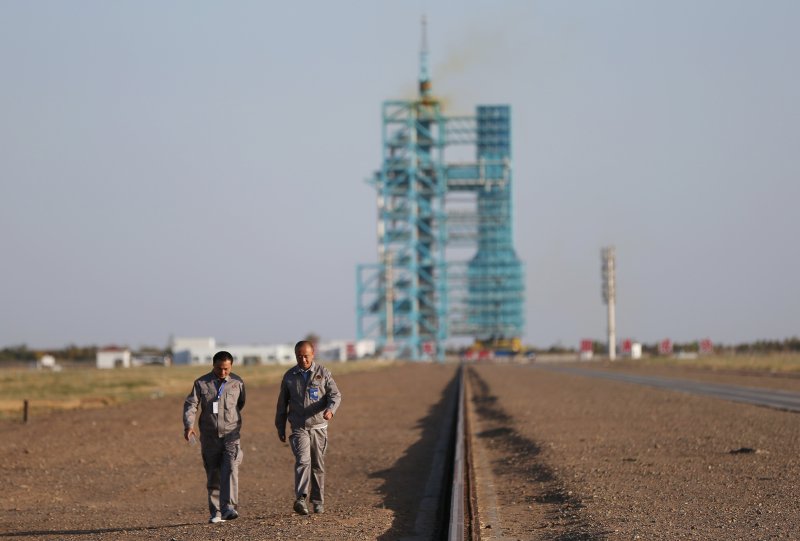BEIJING, Dec. 27 (UPI) -- China's ambitions for its space program include a soft landing on the moon, a probe to Mars and private foreign investment, a report issued Tuesday says.
The five-year plan was released by Beijing's State Council Information Office and stresses that China is committed to peaceful uses of space and seeks to avoid a space arms race. While the United States and Russia have historically dominated space research and exploration, China's military-backed space program landed a roving vehicle on the moon in 2013 and in November two Chinese astronauts concluded a 30-day mission aboard the country's own space station.















